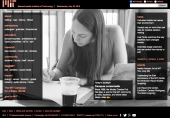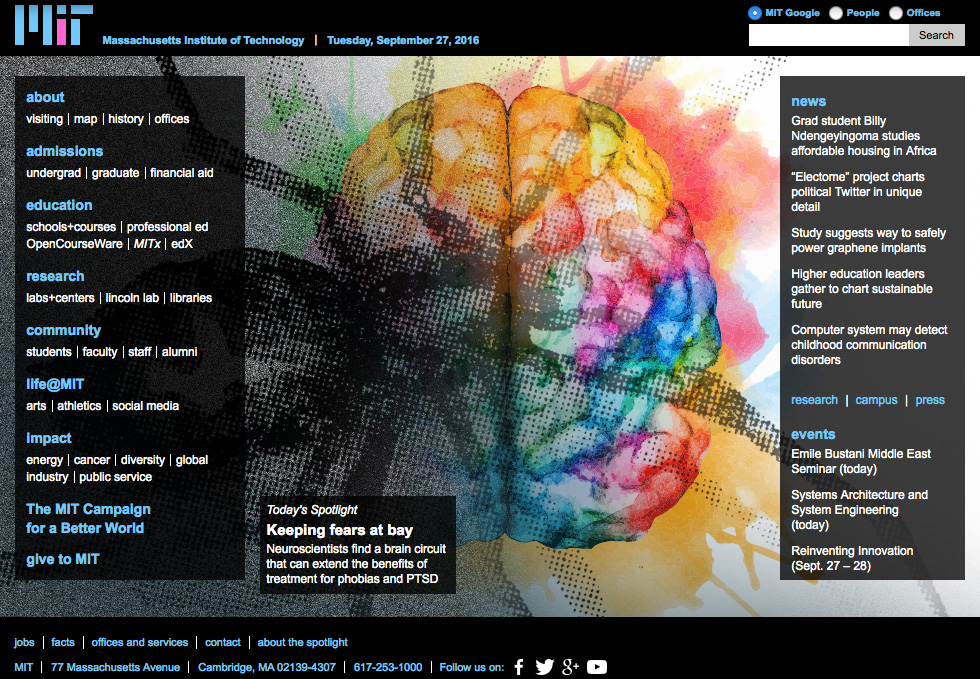Today’s Spotlight features an illustration by Christine Daniloff/MIT.
People who are too frightened of flying to board an airplane, or too scared of spiders to venture into the basement, can seek a kind of treatment called exposure therapy. In a safe environment, they repeatedly face cues such as photos of planes or black widows, as a way to stamp out their fearful response — a process known as extinction.
Unfortunately, the effects of exposure therapy are not permanent, and many people experience a relapse. MIT scientists have now identified a way to enhance the long-term benefit of extinction in rats, offering a way to improve the therapy in people suffering from phobias and more complicated conditions such as post-traumatic stress disorder (PTSD).
Read the full article on MIT News.
People who are too frightened of flying to board an airplane, or too scared of spiders to venture into the basement, can seek a kind of treatment called exposure therapy. In a safe environment, they repeatedly face cues such as photos of planes or black widows, as a way to stamp out their fearful response — a process known as extinction.
Unfortunately, the effects of exposure therapy are not permanent, and many people experience a relapse. MIT scientists have now identified a way to enhance the long-term benefit of extinction in rats, offering a way to improve the therapy in people suffering from phobias and more complicated conditions such as post-traumatic stress disorder (PTSD).
Read the full article on MIT News.




